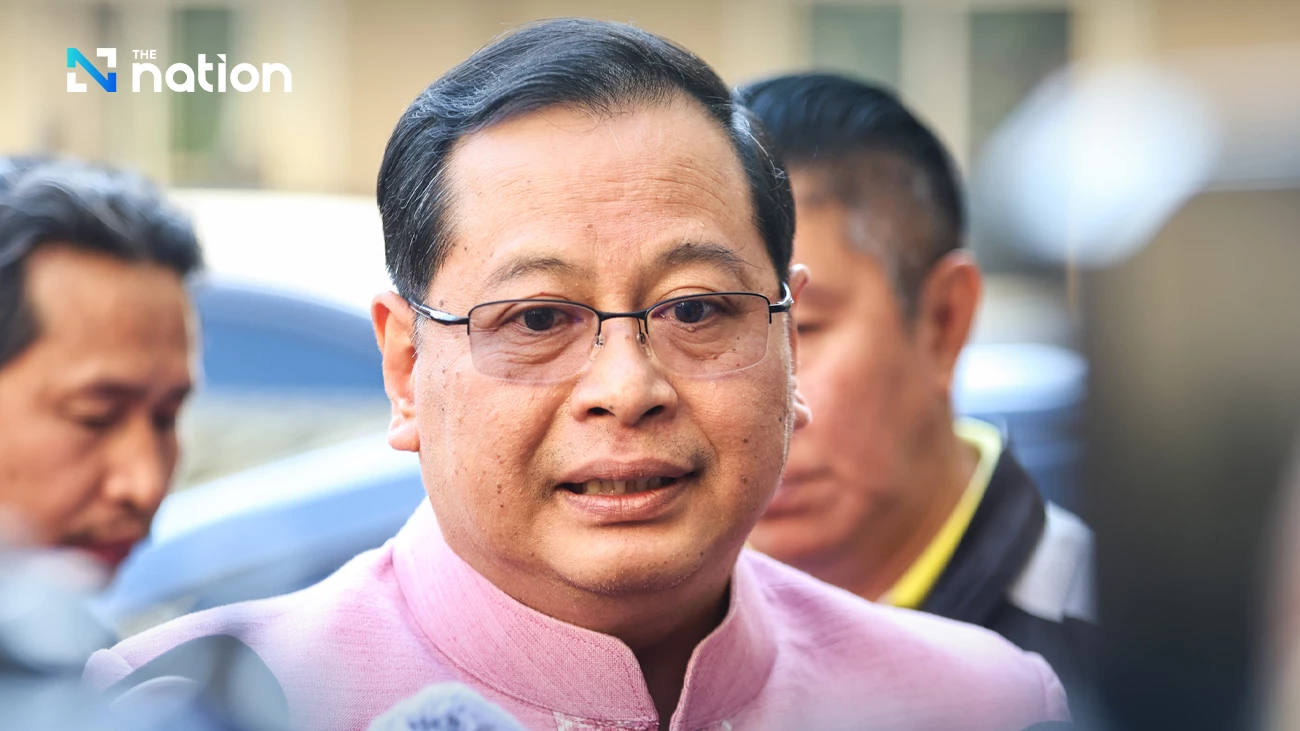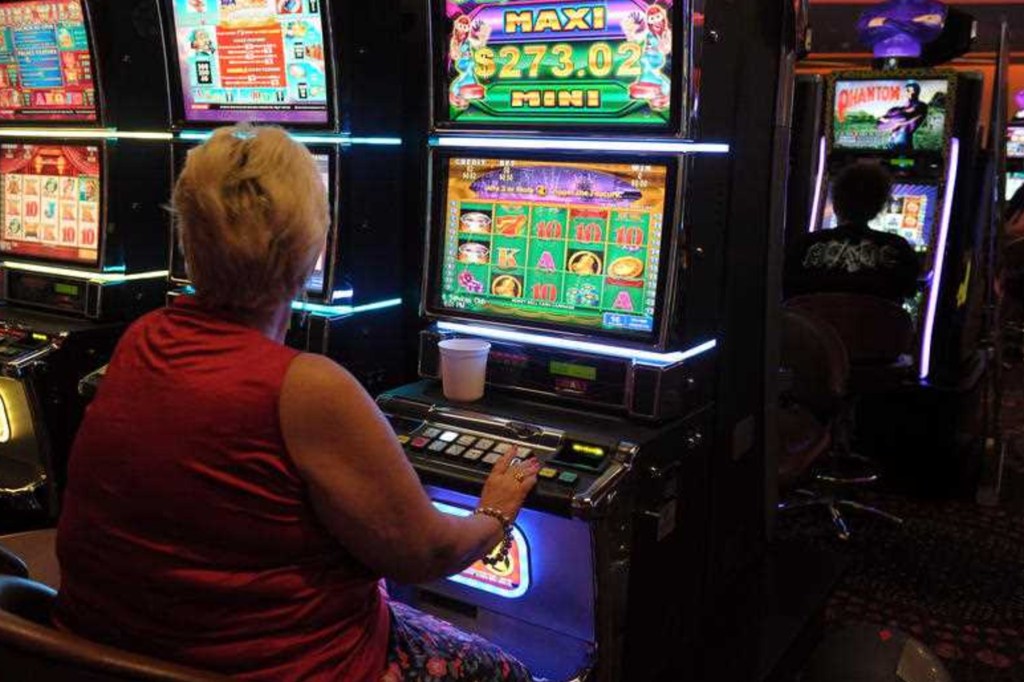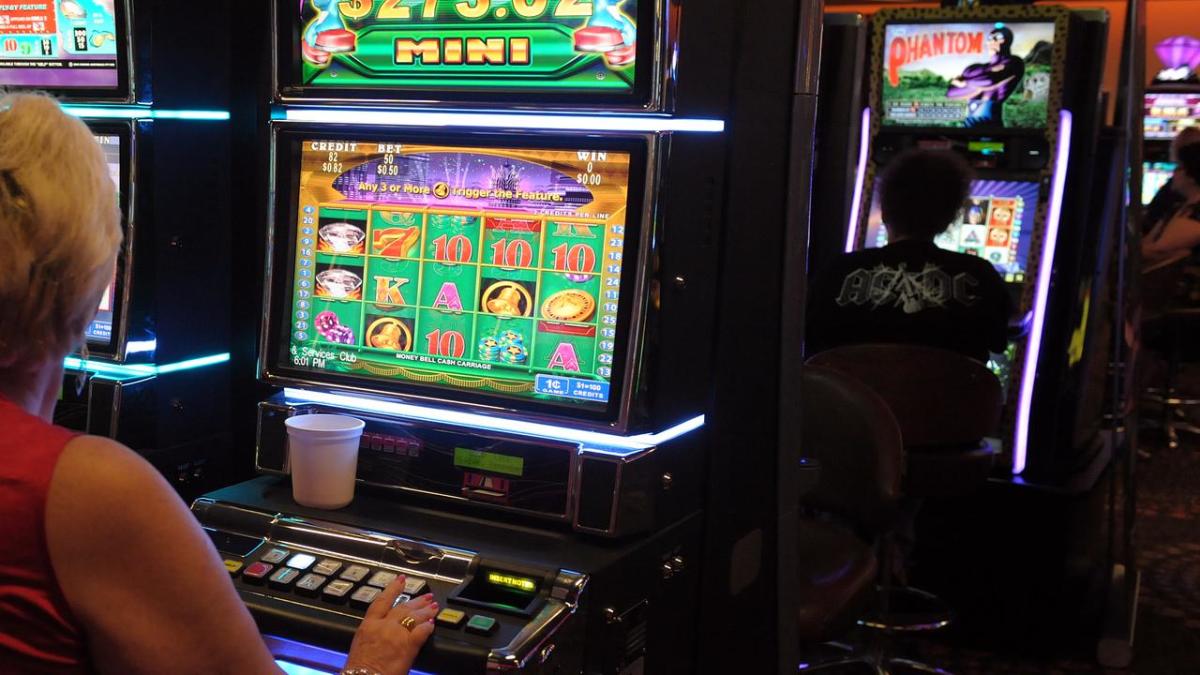A recent Senate Judiciary Committee hearing on online gambling and sports betting was just the beginning of a push for federal gaming oversight. That was the prediction of American Bettors’ Voice CEO Richard Schuetz.
Schuetz delivered his opinions as guest speaker on an early January investor call hosted by Deutsche Bank analyst Carlo Santarelli. Santarelli described American Bettors’ Voice as “a non-profit entity designed to give sports bettors a voice at the table in the U.S. betting scene.”
Schuetz is a longtime veteran of the industry with experience on both sides of the regulatory table. A former president of the then-Stratosphere casino in Las Vegas, he has also been executive director of the Bermuda Casino Gaming Commission and a member of the California Gambling Control Commission.
Playing devil’s advocate, Santarelli asked whether it matters if regulatory bodies do their jobs. Schuetz replied that it was important for maintaining legitimacy and public trust in the casino industry, particularly as it expands online. He said it also deterred federal intervention, “topical in the online-gaming universe today.”
Regarding the relatively speedy six-year rollout of online sports betting, Schuetz said that regulators generally lack understanding of that aspect of the overall gambling industry. This leads them, in his view, to be reluctant to pose the most basic questions.
An exception cited was the Massachusetts Gaming Commission, currently studying the so-called “ban-or-bankrupt” business model for sports betting. Santarelli related, “When asked his view on the outcome of this exploration, Mr. Schuetz noted that he believes the MGC is attempting to make sure the consumer is being treated fairly, though didn’t opine further on his view as to the ultimate conclusion of these discussions or whether they would result in any notable changes.”
As for federal regulation, Schuetz predicted continuing sniping between state governments and Washington, D.C., particularly in light of heavy spending and lobbying for igaming and sports betting at the state level. “Schuetz views the recent hearings as evidence of federal politicians looking to get involved in the significant lobbying spend in the industry,” Santarelli observed.
Unlike Matthew Kredell of PlayUSA, who predicted igaming would be teed up in as many as 14 state legislatures this year, Schuetz was of the view that it wouldn’t follow in the same swift footsteps as sports betting. Santarelli added, “We believe the investment community is broadly of the same line of thinking, so we don’t believe this view is out of consensus in any meaningful way.”
The biggest obstacle to igaming expansion, Schuetz believed, is terrestrial casinos, especially after seeing the online grosses in Michigan and Pennsylvania. This, in his view, had stiffened the spines of brick-and-mortar operators who fear their revenues will be cannibalized by internet-based competition.
One noted exception was Texas, which has been through several legislative cycles of pondering casinos, sports wagering, and igaming. “What’s different in 2025, in our view, are the players, and their lobbyists, with some powerful forces in the gaming space having put together a considerable lobby for the legalization of destination resort casino gaming,” Santarelli offered.
The main Texas impediment remains Lt. Gov. Dan Patrick. Not only is he a staunch gambling opponent, he has not brought casino and sports wagering bills to the floor of the state Senate for lack of Republican support.
Some think the chances for Lone Star legalization will be better in 2025, contingent on Patrick taking a job in the Trump administration. To date, however, he hasn’t been offered one.
“While a powerful lobby is surely important in the quest to legalize casino gaming with a destination-resort approach, one detractor, outside of political support, is a state budget that is fairly healthy, as filling budget holes tends to be a primary driver of casino legalization momentum,” Santarelli wrote. Schuetz added that sports betting might be a useful bargaining chip, should support for casinos manifest.
As for ever-problematic California, “When Mr. Schuetz told us in 2022 that the ballot initiative to legalize [sports wagering] outside of the tribes was DOA, well before November, we listened.” Now, he felt, commercial operators are more prudent and realize their course to legalization comes from working with the Golden State’s tribes, rather than trying to ignore or do an end run around them.
Santarelli found Schuetz “considerably more constructive these days, relative to 2022, with the updated operator approach to working with the tribes.” There would, he conceded, be complications.
The complexities include potential revenue sharing. Santarelli opined, “One can think of this sort of agreement as the tribes effectively serving as the state, and the fee paid to the tribe, a tax rate of sorts.” He added that Californians still face “an elongated wait,” as the chances for eventual profit are contingent on the tribes agreement.







